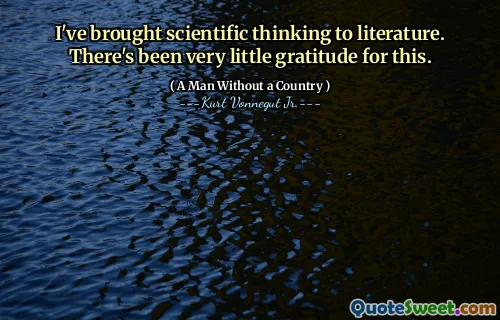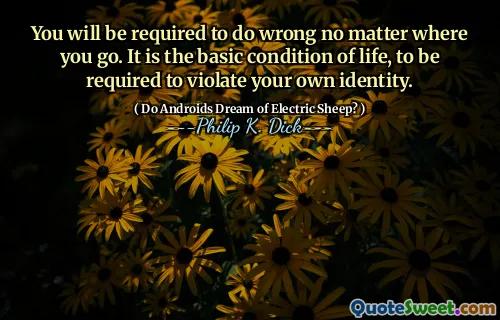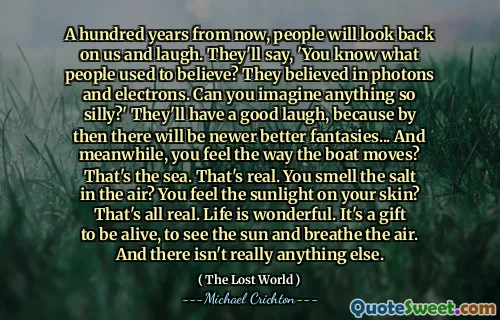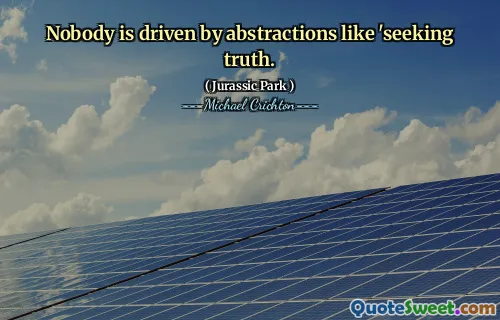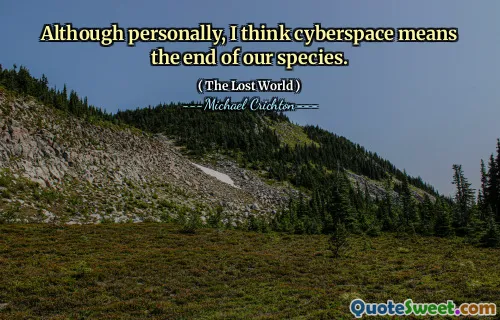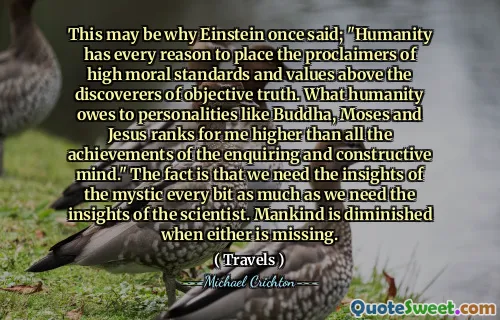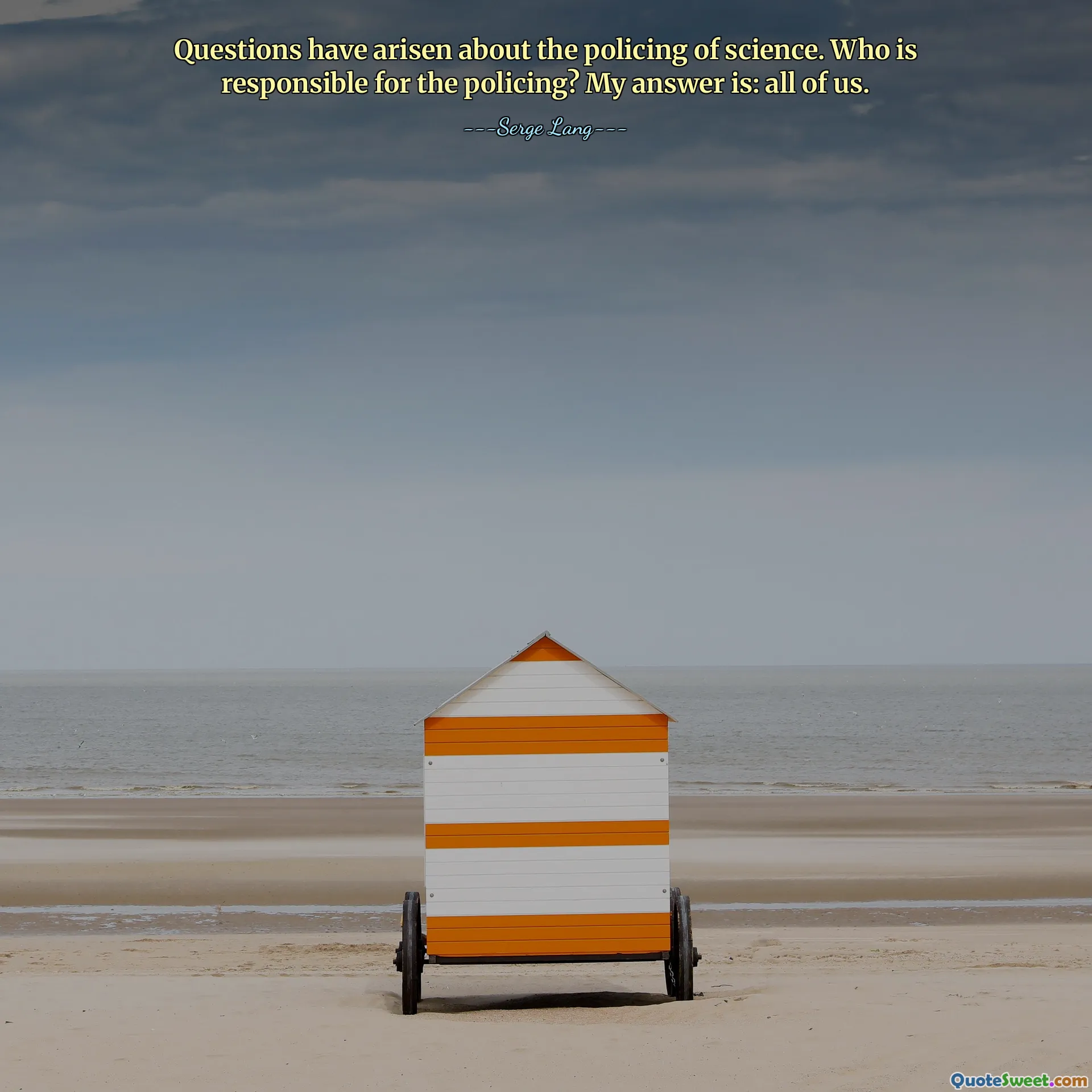
Questions have arisen about the policing of science. Who is responsible for the policing? My answer is: all of us.
This quote emphasizes the collective responsibility we all share in ensuring the integrity and ethical conduct within the scientific community. In today's world, science is deeply intertwined with societal norms, politics, and public trust. The question of who should oversee or regulate scientific practices isn't solely for regulatory agencies or academic institutions; it extends to every individual, including scientists, policymakers, media, and the general public. When scientific misconduct occurs, whether through data fabrication, manipulation, or unethical experiments, the consequences ripple through society, affecting public health, environmental sustainability, and technological progress.
Understanding that the responsibility is shared promotes a culture of transparency and accountability. Scientists must rigorously adhere to ethical standards, but they also need support from institutions that enforce these standards fairly. Conversely, the public and media have a role in critically evaluating scientific claims rather than accepting them unconditionally. Policymakers are tasked with creating regulations that balance innovation with safety.
By fostering an environment where ethical practices are valued and scrutinized at every level, we create a resilient framework that upholds scientific integrity. This collective vigilance can prevent misconduct, curtail misinformation, and ensure that science remains a trustworthy pillar for societal advancement. Ultimately, the health of scientific inquiry depends on the active participation and responsibility of all of us, emphasizing that safeguarding scientific honesty is a shared endeavor rooted in our interconnected social fabrics.






